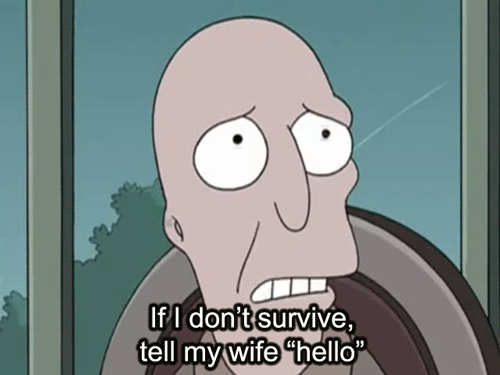Barack Obama Stands Up For Net Neutrality, Might Have Just Saved The Internet
"Neither the cable company nor the phone company will be able to act as a gatekeeper, restricting what you can do or see online."

“Net neutrality” is simultaneously one of the most important and most boring phrases thrown around on the Internet, maybe because the word “neutral” kind of triggers a Pavlovian “eh” response in anyone who’s not quite up on the subject matter.

But it’s been a battleground in the US for years, with major communications companies on one side and consumer advocacy groups, Internet activists and the White House on the other, because the stakes are high enough to fight over.
Maybe the best way to understand net neutrality’s importance is to imagine what the Internet would be like without it. In January, a federal US court ruled that the Federal Communications Commission (FCC) does not have the power to to make ISPs treat all Internet traffic equally, potentially opening the door for major ISPs like Verizon and AT&T (and closer to home, Telstra and Optus) to block or slow down traffic at their own discretion — a ruling that would effectively end net neutrality if it were widely adopted.
In real-world terms, that could lead to all kinds of nasty corporate shenanigans. If a company like Optus could control what and how quickly their customers can see stuff online, they could direct users to companies or providers they have commercial dealings with at the expense of smaller competitors, even blocking websites entirely if doing so meant they could make more money. Since the January ruling, that’s become more likely, at least in the US.
Now Obama has come out swinging in favour of net neutrality, calling on the FCC to reclassify the Internet as a utility like water, electricity and gas. Classifying something as a utility binds the companies who provide those vital services to a stringent set of rules ensuring they don’t abuse their monopoly — say, by only sending electricity to your house for twenty hours a day and charging extra for full coverage in a sexy package called “Electricity Plus”. If the Internet were classed as a utility, ISPs would never be able to deliberately slow down your Internet speed, favour certain websites or search results over others, or block pages for commercial reasons.
In a statement released earlier today our time, the White House urged the FCC to implement new rules for cable companies to follow, outlined in four broad principles:
- “No blocking. If a consumer requests access to a website or service, and the content is legal, your ISP should not be permitted to block it. That way, every player — not just those commercially affiliated with an ISP — gets a fair shot at your business.
- “No throttling. Nor should ISPs be able to intentionally slow down some content or speed up others — through a process often called “throttling” — based on the type of service or your ISP’s preferences.
- “Increased transparency. The connection between consumers and ISPs — the so-called “last mile” — is not the only place some sites might get special treatment. So, I am also asking the FCC to make full use of the transparency authorities the court recently upheld, and if necessary to apply net neutrality rules to points of interconnection between the ISP and the rest of the Internet.
- “No paid prioritization. Simply put: No service should be stuck in a “slow lane” because it does not pay a fee. That kind of gatekeeping would undermine the level playing field essential to the Internet’s growth. So, as I have before, I am asking for an explicit ban on paid prioritization and any other restriction that has a similar effect.”
If all those points sound very familiar and common-sensey, that’s because they are; the Internet has operated on similar principles to these since it began. But they’re not set in stone, and it’s in the interests of powerful people and companies to ensure they get torn up. If the FCC classified the Internet as a utility, it would basically ensure the Internet could safely operate on those principles indefinitely.
Obama’s not had the best week, what with losing the Senate and everything, but it seems he’s not done fighting just yet.